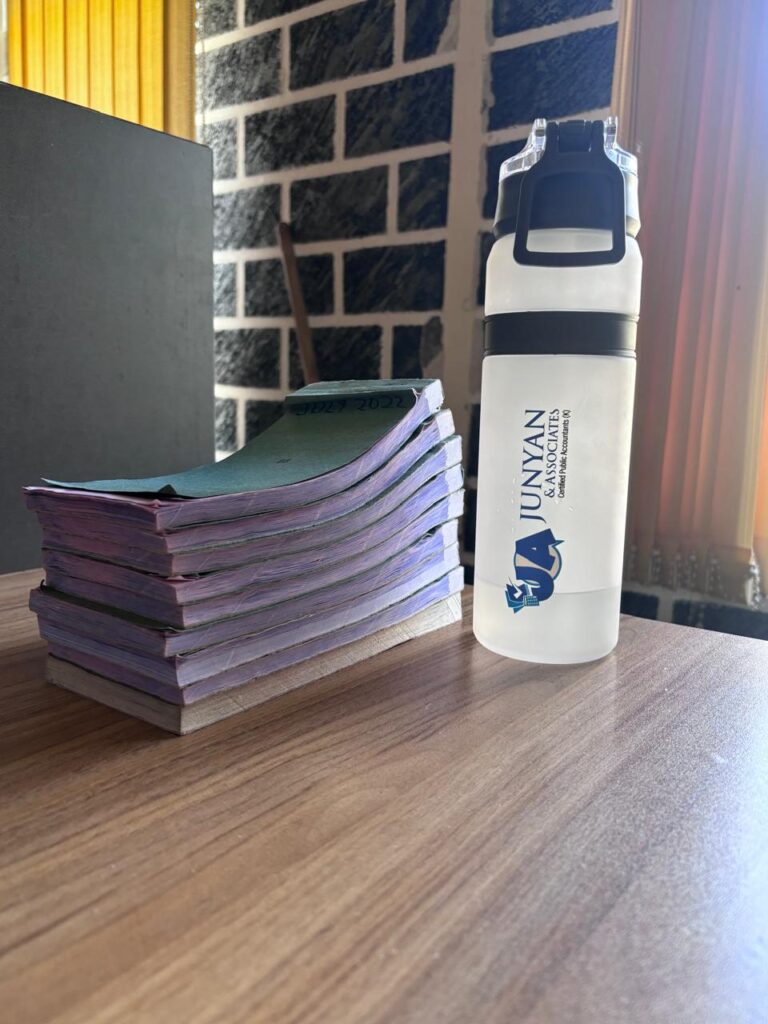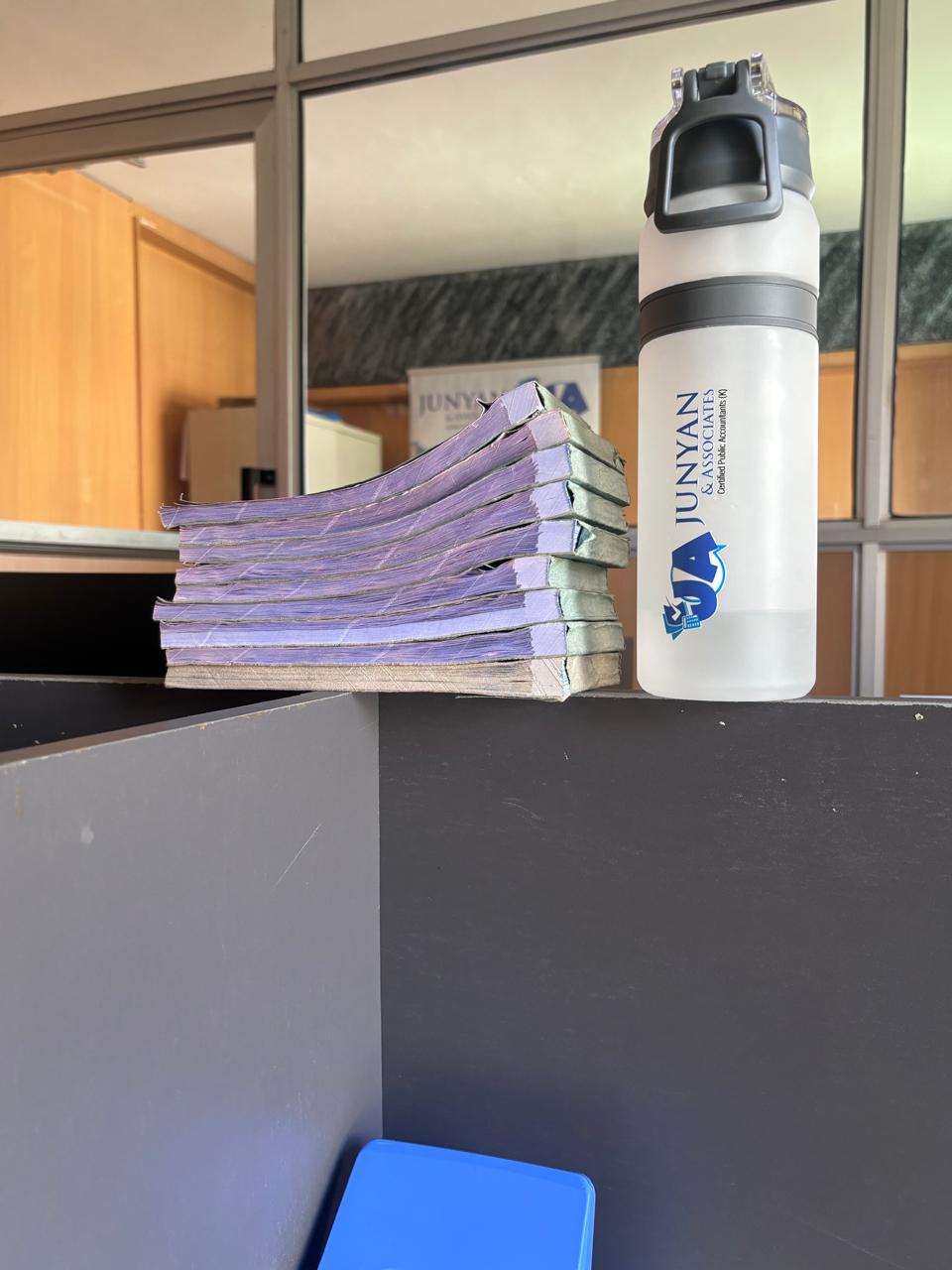The tourism sector is one of Kenya’s most vibrant industries contributing significantly to GDP and employment to sustain growth and ensure accountability the government introduced the tourism levy which requires businesses in the hospitality and tourism industry such as hotels restaurant lodges and tour operations to remit a small percentage of their revenue to the tourism fund.
The following article prepared by junyan and associates will highlight the context of the tourism levy in Kenya.
What is tourism levy?
The tourism levy is a statutory contribution collected from tourism related businesses under the tourism act. Its purpose is to finance training, marketing and development programs that promote Kenya as a top tourist destination.
Currently the levy is charged at 2% of tourist enterprise gross sales excluding VAT and service charge.
The 2% tourism levy in Kenya is collected from regulated tourism and hospitality establishment such as hotels and restaurants on their gross receipt from food drinks accommodation and other services. Administered by the tourism fund, the funds raised are used to promote tourism support industry related up skilled program and finance the operations and standards.
Common Challenges in Tourism Levy Compliance
Many businesses unknowingly fall short in their levy obligations due to:
- Misinterpreting the levy base (e.g., excluding certain revenues incorrectly).
- Failure to remit levies on time.
- Inadequate internal record-keeping.
- Overlapping obligations with other taxes (VAT, PAYE, Corporate Tax, etc.).
Why Hire an Accounting Firm to Facilitate Your Tourism Levy Audit?

For businesses in Kenya’s tourism and hospitality sector, the Tourism Levy is not optional—it’s a statutory requirement. Hotels, restaurants, lodges, and tour operators must remit 2% of their gross sales to the Tourism Fund. While the process may seem straightforward, many businesses face challenges in computing, declaring, and remitting the levy correctly.
This is where hiring a professional accounting firm to facilitate your Tourism Levy Audit makes a real difference.
1. Expertise in Tourism Fund Compliance
Accounting firms understand the Tourism Act and related regulations in depth. They ensure your business complies fully with levy requirements, protecting you from penalties and unnecessary disputes with the Tourism Fund.
2. Accurate Levy Computation
Errors in determining gross sales or misclassifying revenue can lead to underpayment or overpayment. An accounting firm applies professional standards to guarantee accurate levy computation—saving you money and ensuring fairness.
3. Avoiding Penalties and Interest
Late or incorrect remittances often attract costly fines and interest charges. By outsourcing your levy audit to experts, you reduce compliance risks and maintain a clean regulatory record.
4. Time and Cost Efficiency
Running a hospitality business already demands significant time and resources. Engaging professionals allows you to focus on your core operations—serving clients and growing your business—while the accounting firm handles the technical compliance work.
5. Professional Representation during Audits
If the Tourism Fund conducts a compliance review, having accountants by your side ensures you are well-prepared, well-represented, and audit-ready. They also help reconcile disputes, making the process smoother.
6. Value-Added Advisory Services
Beyond levy compliance, accounting firms provide strategic financial advice—cash flow management, tax planning, and financial reporting—that enhances the sustainability and profitability of your business.
How Junyan & Associates Can Help.

At Junyan & Associates, we specialize in helping businesses in the tourism and hospitality sector navigate statutory compliance. Our Tourism Levy Audit services include:
- Reviewing your financial records to ensure levy accuracy.
- Identifying areas of under or over-remittance.
- Assisting with reconciliations and dispute resolution with the Tourism Fund.
- Providing compliance strategies to avoid penalties and interest.
- Training your finance team on levy requirements.
By working with us, you gain peace of mind, knowing that your business is fully compliant while focusing on what matters most—delivering exceptional hospitality experiences.
Final Thoughts
The Tourism Levy Audit is more than a regulatory requirement; it’s an opportunity to strengthen compliance, avoid costly penalties, and protect your business reputation. Partnering with professionals like Junyan & Associates ensures you stay ahead of compliance risks while maintaining focus on growth and service delivery.
Hiring an accounting firm for your Tourism Levy Audit is not just about compliance—it’s about protecting your business, saving costs, and gaining expert financial guidance. Partner with Junyan & Associates today and secure peace of mind for your tourism enterprise.
📞 Contact us today for expert Tourism Levy Audit and compliance support.
Frequently Asked Questions (FAQs)
1. How often do hotels in Kenya need to submit their Tourism Levy payments?
Hotels must remit the tourism levy monthly to the Tourism Fund based on their total turnover. Late payments can attract penalties.
2. What penalties do hotels face for non-compliance with tax regulations?
Hotels that fail to meet tax obligations risk fines, interest charges, legal action, and potential revocation of business licenses.
3. Can small hotels and lodges benefit from hiring an accountant?
Yes, even small hotels and lodges benefit from professional accountants by ensuring compliance, cost management, and financial planning.
4. Are accountants responsible for handling hotel payroll in Kenya?
Yes, accountants manage payroll processing, PAYE deductions, NSSF contributions, and statutory deductions for hotel employees.
5. How can hotels ensure they pass Tourism Levy Audits?
To pass audits, hotels must keep accurate records, submit timely payments, and engage professional accountants to handle their financial reporting.
also read:


